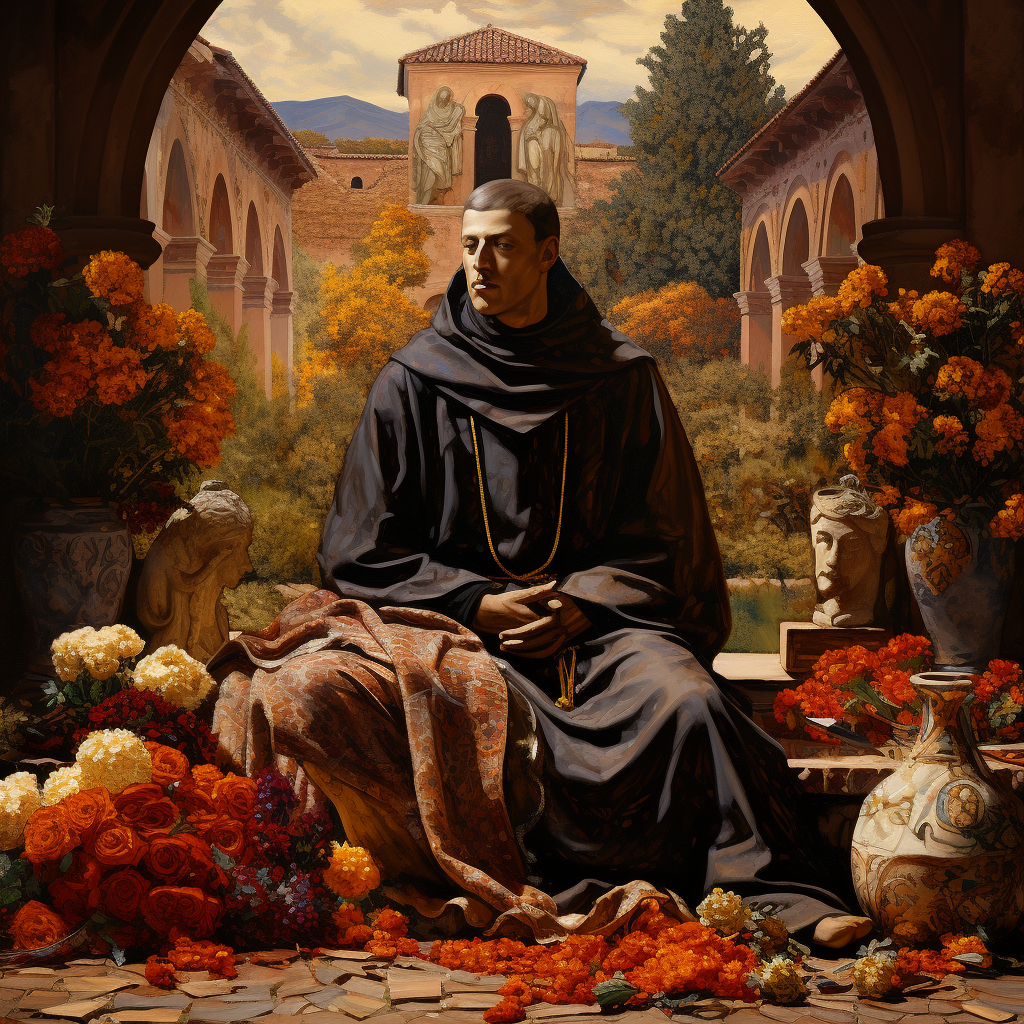
A resource for Mystical Theology, Spirituality, Psychoanalysis, and living philosophy with a radical focus.
Our platform serves as a vital hub for the intersecting fields of psychoanalysis, philosophy, mystical theology, and spirituality. We welcome theologians, philosophers, and pastoral practitioners, offering a collection of papers from various scholars examining a broad spectrum of ideas, from John of the Cross to Lacan. Our primary aim is to unify the insights of mystical theologians and philosophers, making them relevant and applicable to everyday life.
Psychoanalysis: Psychoanalysis is a set of theories and therapeutic techniques that deal with the unconscious mind, which together form a method of treatment for mental-health disorders. The discipline was established in the early 1890s by Austrian neurologist Sigmund Freud and stemmed partly from the clinical work of Josef Breuer and others. Psychoanalysis postulates that the unconscious mind harbors thoughts, memories, and desires that are hidden but influence our behaviors and mental well-being.
Philosophy: Philosophy is the study of fundamental questions about existence, knowledge, values, reason, mind, and ethics. Its methodology includes questioning, critical discussion, rational argument, and systematic presentation. Derived from the Greek ‘philosophia’, meaning ‘love of wisdom’, philosophy involves a critical investigation of fundamental assumptions and beliefs. It strives to clarify concepts and evaluate arguments, often leading to a better understanding of the world and our place in it.
Mystical Theology: Mystical theology is a sub-discipline of theology that focuses on the ultimate, direct or immediate union of the human soul with the Divine as the highest goal of religious experience. It’s particularly associated with contemplative tradition and the writings of Christian mystics from the early centuries, like Pseudo-Dionysius the Areopagite and later, Meister Eckhart. Mystical theology doesn’t necessarily concentrate on ‘mystical experiences’ as such, but rather on the spiritual path that leads towards unity with the Divine, involving purification, illumination, and unification stages.
Spirituality: Spirituality refers to a sense of connection to something beyond the individual self, which may include elements of the sacred or the divine. It often involves a journey towards self-understanding and self-transcendence with a goal of personal growth and deepening values and virtues. It’s a broad concept with room for many perspectives and may or may not be embedded within a religious framework. Spirituality can incorporate practices that nurture the soul or spirit, cultivate a sense of peace, purpose, and meaning in life.
The term “radical” is often misinterpreted as synonymous with the completely new or ‘novel’. However, in its original meaning, the term is derived from the Latin word ‘radix,’ meaning ‘root.’ Therefore, when we refer to something as ‘radical,’ it implies a thorough or fundamental change that goes to the root or origin of a matter. It suggests a deep, foundational shift rather than a mere superficial or entirely novel change. Radical ideas or actions aim to alter the root causes or core principles of a system or issue, often seeking transformative, instead of incremental, changes.


